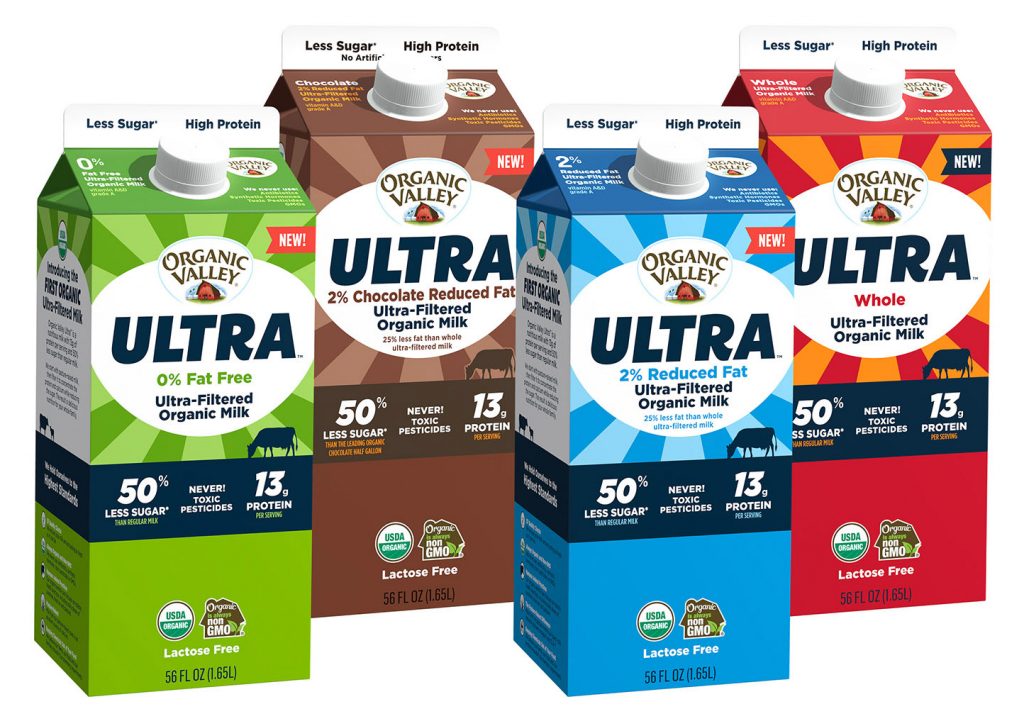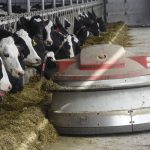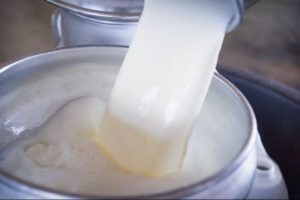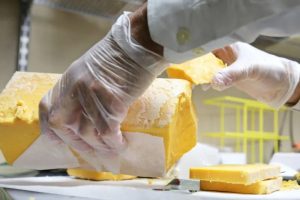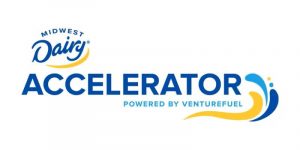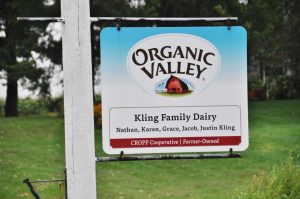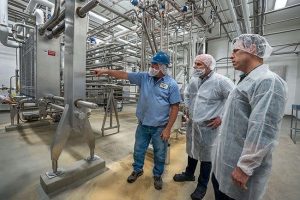
Coca-Cola Co. dominates the market for ultra-filtered milk — but now the field’s getting more crowded.
Fairlife, which sells milk that’s been filtered to boost its protein and reduce its sugar content, has helped the beverage giant to offset declining soda sales. Now, Coke’s brand will face off against the farmer-owned cooperative Organic Valley, which is poised to begin selling its own line of ultra-filtered milk in Whole Foods stores nationwide and in other retailers.
Coke, intent on having products in all major beverage segments, has a minority stake in Fairlife, which launched its ultra-filtered lactose-free milk in 2015 and has dominated the premium milk category with little competition. Sales of Fairlife reached about $134 million in 2018, up 57% from when the products first became available in 2015, according to data from Euromonitor.
Fairlife seeks to attract health-conscious customers who have been turning away from milk. Overall, dairy milk consumption is declining in the U.S. as plant-based alternatives proliferate. However, value-added dairy products like ultra-filtered milk have bucked this trend and posting growth, according to data from Nielsen.
Milk made from ingredients like oats, soy and almonds is also growing fast, expanding 6% last year while conventional dairy slipped 3%, according to a study by the Plant Based Foods Association and The Good Food Institute.
“The dairy market needs to innovate in a market with so many alternatives out there,” said Bob Kirchoff, Organic Valley’s interim chief executive officer. “Offering low-sugar and higher protein is an effort to show that we’re relevant.”

The new product from Organic Valley, which is based in La Farge, Wisconsin, may eat into Coke’s growing dairy sales — especially because shoppers who are willing to pay a premium for their milk may be attracted to an organic option. Fairlife, which isn’t classified as organic, has been able to charge more as the only major filtered milk, Bloomberg Intelligence analyst Kenneth Shea said.
“Having other filtered products alongside Fairlife would work to the detriment of Coke’s pricing power,” he said.
Both Fairlife and Organic Valley price their products much higher than unfiltered milk. Target sells a 52-ounce container of Fairlife for $3.39, more than $2 higher than the average milk price reported by the Bureau of Labor Statistics. Organic Valley will charge $5.99 for a 56-ounce container, more than $3 higher than the average price of organic milk reported by the USDA.
Chicago-based Fairlife came under fire in June after an animal rights group released a video of calves being abused at a dairy farm in Indiana. Two Midwest grocers, Jewel-Osco and Tony’s Fresh Market, pulled the milk from its shelves. Fairlife has since discontinued the use of milk from the farm featured in the video, according to a company statement.
Coca-Cola declined to comment about the ultra-filtered milk market.
Organic Valley works with local farmers and attracts customers who are focused on animal welfare, Kirchoff said.
“We don’t have huge farms with low-cost models,” he said. “We are looking for consumers that are willing to pay for that difference to give value to land, farms and dairy farmers.”
— With assistance by Patrick McKiernan
